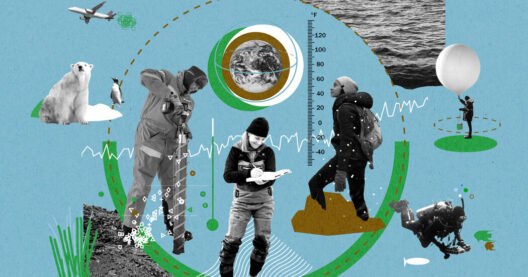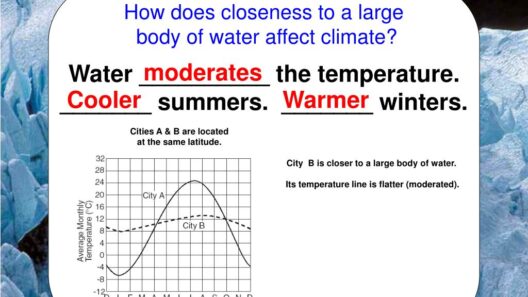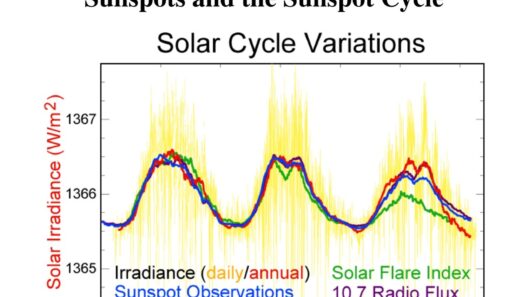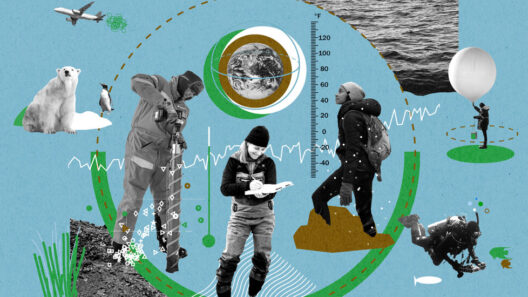As the sun rises over a warming planet, one might ponder: how often do we consider the ramifications of climate change on our health? It may seem like an abstract, far-off concern to some, but the truth is that climate change is weaving itself into the very fabric of our everyday existence, impacting our well-being in ways that are both profound and multifaceted.
First and foremost, it is essential to understand that climate change does not affect everyone equally. Vulnerable populations, including children, the elderly, and those with pre-existing health conditions, face a heightened risk. This raises a poignant question: how prepared are we to address these disparities? The reality is that as climate-related events—such as extreme heat, flooding, and poor air quality—become increasingly prevalent, so too do their attendant health problems. The challenge lies not just in mitigating climate effects but in ensuring that we support those who are most at risk.
One of the most immediate ways climate change impacts human health is through the increase in extreme weather events. Rising global temperatures contribute to more frequent and severe hurricanes, droughts, and heatwaves. These events can lead to injuries, deaths, and a host of health issues ranging from dehydration to worsened mental health conditions following traumatic experiences. For example, in the aftermath of hurricanes, mental health issues such as post-traumatic stress disorder (PTSD) can surge, further complicating recovery efforts. Are we sufficiently equipped with mental health resources to support communities facing such upheaval?
Furthermore, the degradation of air quality is another critical factor exacerbated by climate change. Higher temperatures can lead to the increased production of ground-level ozone, a significant component of smog, which adversely affects respiratory health. Asthma and other chronic lung conditions may become exacerbated, particularly among those living in urban areas where vehicle emissions and industrial pollutants are prevalent. This prompts another thought: with air quality deteriorating, how can we safeguard our respiratory well-being and ensure clean air access for all?
As water and food supply systems become vulnerable due to climate change, the ripple effects on human health can be alarming. For instance, altered precipitation patterns can lead to prolonged droughts, affecting crop yields and subsequently leading to food shortages. Food insecurity is not merely an economic issue; it profoundly impacts nutrition and health outcomes. Malnutrition can exacerbate existing health problems and predispose individuals to more severe illnesses. This challenges us to rethink food systems and garden sustainably to mitigate such risks.
Additionally, the increasing frequency of vector-borne diseases can be attributed to the changing climate. As temperatures rise, the habitats for disease-carrying insects, such as mosquitoes and ticks, expand, leading to the incursion of illnesses like Lyme disease and West Nile virus into new areas. This phenomenon raises critical questions about public health preparedness: are our healthcare systems vigilant enough to handle the surge in vector-borne diseases, and are communities informed about preventive measures?
Thus, the mental and physical ramifications of climate challenges extend into the realm of mental health as well. The anxiety surrounding climate change itself—often referred to as eco-anxiety—affects individuals across all age groups, particularly the youth. The sense of impending doom about the planet’s future can provoke stress and anxiety on an unprecedented scale. As society grapples with these feelings, the role of community support systems and education in fostering resilience becomes paramount. This invites discussion about how we can empower individuals to cope with these feelings constructively.
Moreover, climate change has implications for healthcare systems worldwide. As demands on healthcare rise due to climate-induced injuries and illnesses, the strain on these systems could become overwhelming. Community health infrastructures must adapt and evolve to meet the challenges posed by climate change. Innovative strategies such as telemedicine, expanded community health programs, and more significant focus on preventive care may be critical components to consider. Are we willing to invest in such transformative changes to our healthcare systems?
As we endeavor to navigate the complex relationship between climate change and health, there lies a profound need for interdisciplinary collaboration. Poised at the intersection of environmental science and public health, professionals from various fields must engage in dialogue and action to develop comprehensive strategies. From urban planners advocating for green spaces to medical practitioners raising awareness about climate-related health issues, collaborative efforts are paramount.
In conclusion, the intricacies of how climate change affects human health are vast and troubling. While the challenges posed by warming temperatures and extreme weather events may appear daunting, they also present an opportunity for innovation and collective action. By fostering awareness, enhancing preparedness, and championing sustainable practices, we not only safeguard our health but also that of future generations. The question remains: will we rise to the occasion and lay the foundation for a healthier planet, or will we continue to ignore the vital signs that are begging for our attention?







